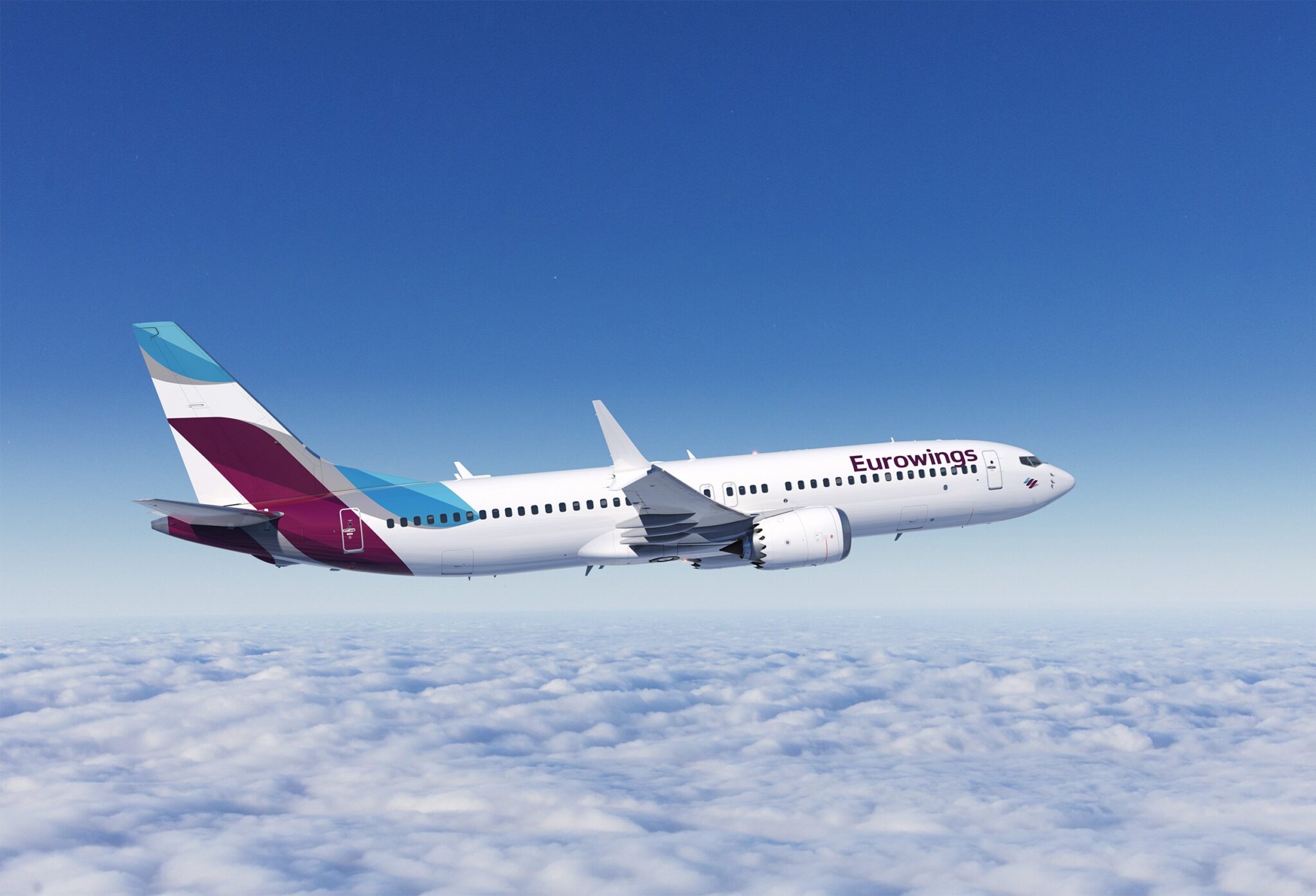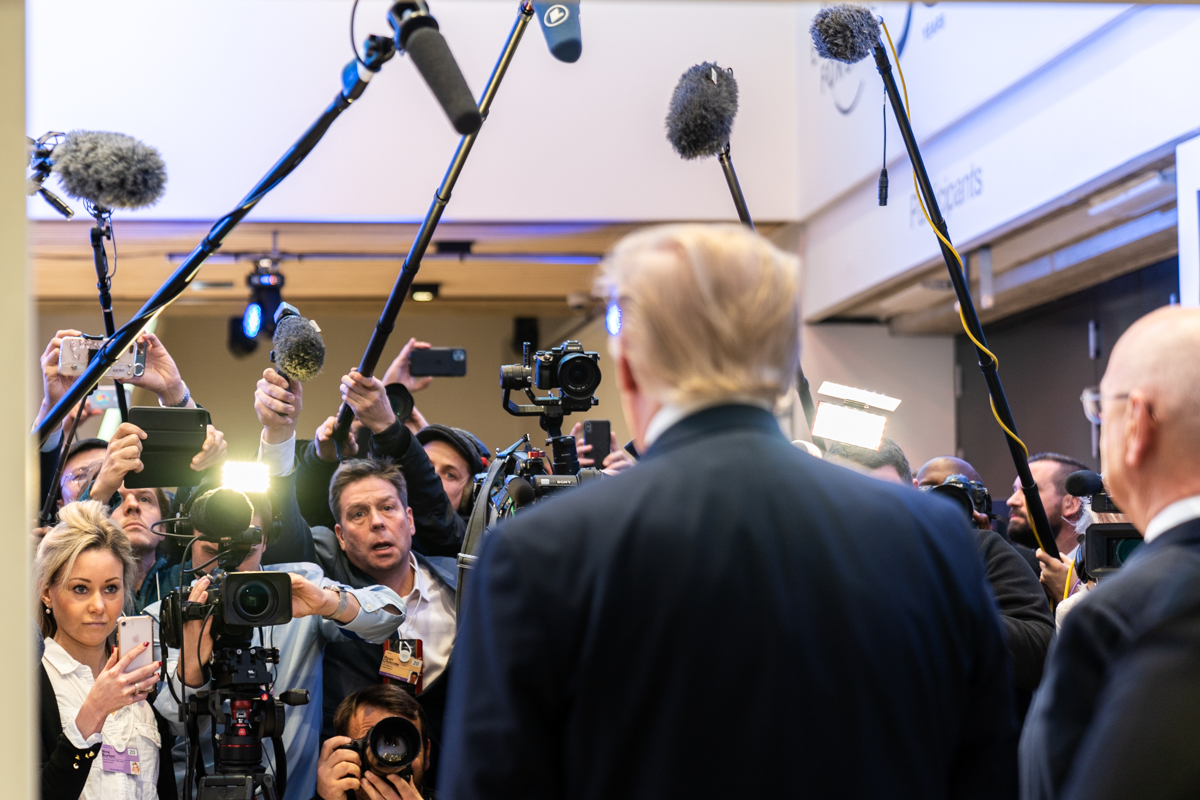New Six Flags CEO Is Blaming a Disappointing Quarter on the Rain

Skift Take
As he stepped back into a familiar role Wednesday, Six Flags Entertainment CEO Jim Reid-Anderson said he doesn't plan to change much about the strategies he first put into place seven years ago.
But Reid-Anderson, who is also the regional theme park company's president and chairman, said he will take a new focus on one thing as the operator grows and expands internationally: speed. He was named last week to replace John Duffey, who retired suddenly after serving as president and CEO since early 2016.
"I'll be blunt with you: I think that we can move with more urgency, I think the opportunities we have are with us right now," Reid-Anderson told analysts Wednesday during an earnings call. "And I think we need to execute faster, more efficiently, and in a more focused way to truly achieve our potential."
His comments came as the company announced mixed but ultimately disappointing results for the second quarter. Revenue increased 4 percent to $422 million and attendance was up 5 percent to 9.5 million guests. But without the benefit of Easter falling during the second quarter, attendance would have been up only 1 percent.
And other measures showed a decline: Spending per capita dropped 2 percent and net income for the quarter was down 15 percent to $71.6 million.
Executives said rainy weather on the East Coast and Texas during the Memorial Day weekend holiday and the last two weeks of June kept attendance down. One-day ticket purchases especially suffered.
The company said that performance during the first six months of the year was so much softer than expected that achieving its "Project 600" goal this year was "no longer deemed probable." Six Flags has been working toward a financial target of $600 million in modified earnings before interest, taxes, depreciation, and amortization. But revenues for the first half were down slightly to $522 million and profits fell from $33 million to $14 million after the company reported a net loss of $57.5 million in the first quarter.
During the call, Wedbush Securities analyst James Hardiman wondered what forces beyond weather could be blamed.
"It seems like a pretty significant goal to be subject to the whims of some weather here and there," he said.
Chief Financial Officer Marshall Barber said the rain fell on important weekends — but also stressed that the company remained "keenly focused" on getting as close to the target as possible.
"It's a little depressing to me to have to report the numbers that we've reported because of weather," Reid-Anderson said. "But when I look out medium- and long-term, there's so much opportunity here that I think the best is still to come for this company."
He highlighted continued international expansion as a major area of promise; Six Flags saw an 18 percent increase in sponsorship and international licensing revenue in the second quarter. It is working with partners on five parks in Dubai and China, but has no capital on the line.
"It's such an attractive area for us long-term, because it allows us to monetize our globally known brand and expertise," Reid-Anderson said. "I think we're only just beginning to realize the full potential of this international expansion."
He said the company has "an incredible pipeline of deals" for international projects but wouldn't say when those might become public.
Reid-Anderson said a plan announced in April to acquire water parks near the company's existing theme parks also holds potential.
"We have received multiple inbound inquiries from water park operators around the U.S.," he said. "So the opportunity is not only compelling but it's large-scale."
Reid-Anderson briefly addressed the departure of his predecessor, but gave no details about why Duffey decided to retire suddenly. He called the move "a sad decision."
"John did a wonderful job and has been a key part of our amazing success story," Reid-Anderson said. "Everyone at the company wishes him the best in his retirement."
Barton Crockett, an analyst at FBR Capital Markets, asked if the new CEO — who has served as executive chairman for nearly the last year and a half — planned to stick around.
"Is this a long-term commitment for you or is this kind of a transitional commitment where you'd eventually look to bring in another CEO to take the spot that Duffey was occupying?" Crockett asked.
Reid-Anderson said he was happy to be back in a role he considers "the single best job in the world."
"I'm here for the long term, I'm absolutely committed, and I love what I'm doing," he said.




